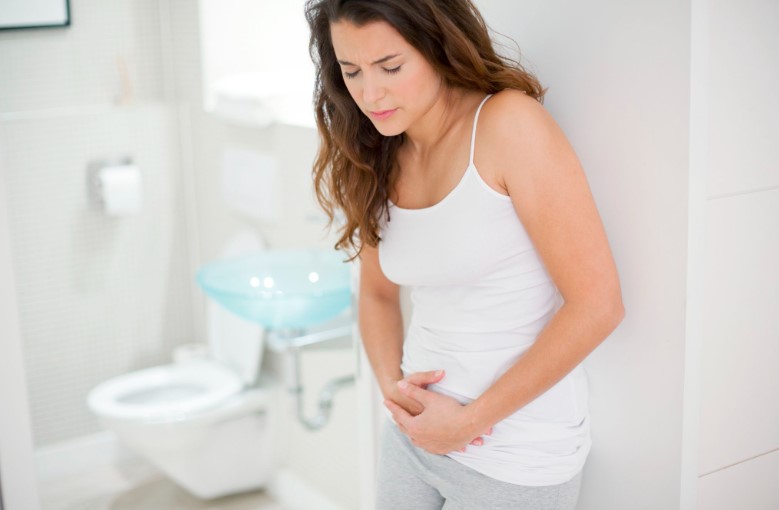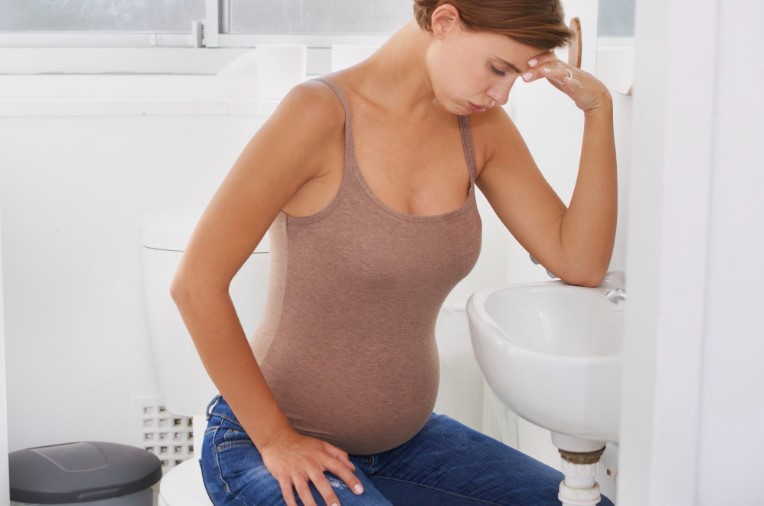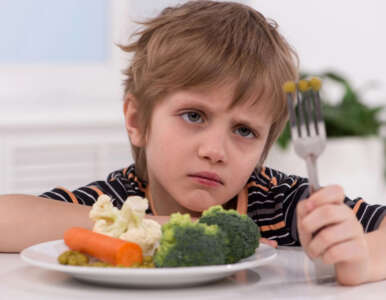While you may be wondering if diarrhea is a sign of pregnancy, there are other possible causes. Diarrhea can be caused by bacteria or parasites. A few symptoms that should be kept in mind include cramping and pressure from contractions. While you should stay as hydrated as possible, your biggest concern is dehydration. Broth can be an effective way to replace the fluids that have been lost through diarrhea.
8 out of 10 women will tell you that when they are pregnant, their bowel movements change. Mine got worse. I was already prone to some loose stools before I was pregnant and had no idea how uncomfortable diarrhea can be until I became pregnant, and boy was it miserable. I thought the only sign of early pregnancy was morning sickness, but I was wrong.

Diarrhea can be a sign of early pregnancy
If you are planning to have a baby, you might be looking for a sign of early pregnancy, including diarrhea. Besides the fact that you are pregnant, other pregnancy symptoms can help you determine whether or not you are pregnant. Diarrhea is often the first sign that a woman is pregnant, but it is not always a sure sign. In fact, diarrhea can be caused by many different things, including food poisoning, a virus, and pregnancy hormones.
You may think that a change in your bowel movements is an indication of early pregnancy. However, it is important to remember that the symptoms of pregnancy are often difficult to differentiate from those of premenstrual syndrome. The first thing that you should do is consult your doctor if you notice any of the above signs. However, if you notice any of these signs, you should not ignore them.
It can be a sign of miscarriage or ectopic pregnancy
There are several symptoms of ectopic pregnancy, including missed menstrual period, abdominal pain, and vaginal bleeding. You may also experience vaginal bleeding or feel a strong urge to urinate. If you experience any of these symptoms, seek medical attention right away. The pregnancy will not continue as normal and medical intervention will be necessary. The symptoms of ectopic pregnancy vary depending on where the pregnancy is located.
In rare cases, an ectopic pregnancy develops outside the womb. The fertilised egg implants outside the uterus. Although only five out of every thousand pregnancies are ectopic, it can be fatal for both the mother and the unborn child. Fortunately, doctors can remove the ectopic tissue through surgery or drugs. While it’s uncommon to survive an ectopic pregnancy, many women go on to have healthy pregnancies later.

It can be caused by bacteria or parasites
You may be experiencing a cold or flu-like symptom. It may also be a sign of pregnancy if your body begins to react to the cold or flu virus. Bacteria and parasites are the common causes of colds and flu-like symptoms. In addition, a parasitic infection can cause pregnancy complications, including premature delivery and miscarriage.
Toxoplasmosis is not usually a sign of pregnancy, but pregnant women who are infected with it should be closely monitored. Antibiotics, such as spiramycin, may reduce the risk of the infection in the unborn baby. It may also be caused by contaminated kitchen utensils. Also, unwashed produce can contain parasites. Some people contract the disease from blood or organ transplants that are infected with the parasite T. gondii. This parasite forms cysts and can affect the heart, brain and muscle tissue.
There’s no denying that pregnancy is a time of excitement and anticipation. It can be both a fun and fearful time, too, but one thing most women don’t look forward to is pregnancy symptoms—like indigestion, heartburn, nausea, and yes, diarrhea. Typically, diarrhea isn’t an issue during pregnancy; however, it can be an early sign of pregnancy if you notice it before you miss your period. When you’re pregnant, your body produces a hormone known as human chorionic gonadotropin (HCG). HCG stimulates the pituitary gland in your brain to produce other hormones that maintain the normal processes of your body. It also stimulates your colon to contract more frequently than normal for about 2 weeks after conception. This leads to loose or watery bowel movements. If you are experiencing diarrhea along with your missed period or pregnancy symptoms like decreased appetite and nausea, there’s a chance you may be pregnant (except in rare cases when diarrhea is due to bacterial infections). In fact, many women do experience changes in their bowel movements during their first trimester as their bodies adjust to the hormonal changes of early pregnancy. However, if you have chronic diarrhea throughout pregnancy or other concerning symptoms like bloating or weight loss





